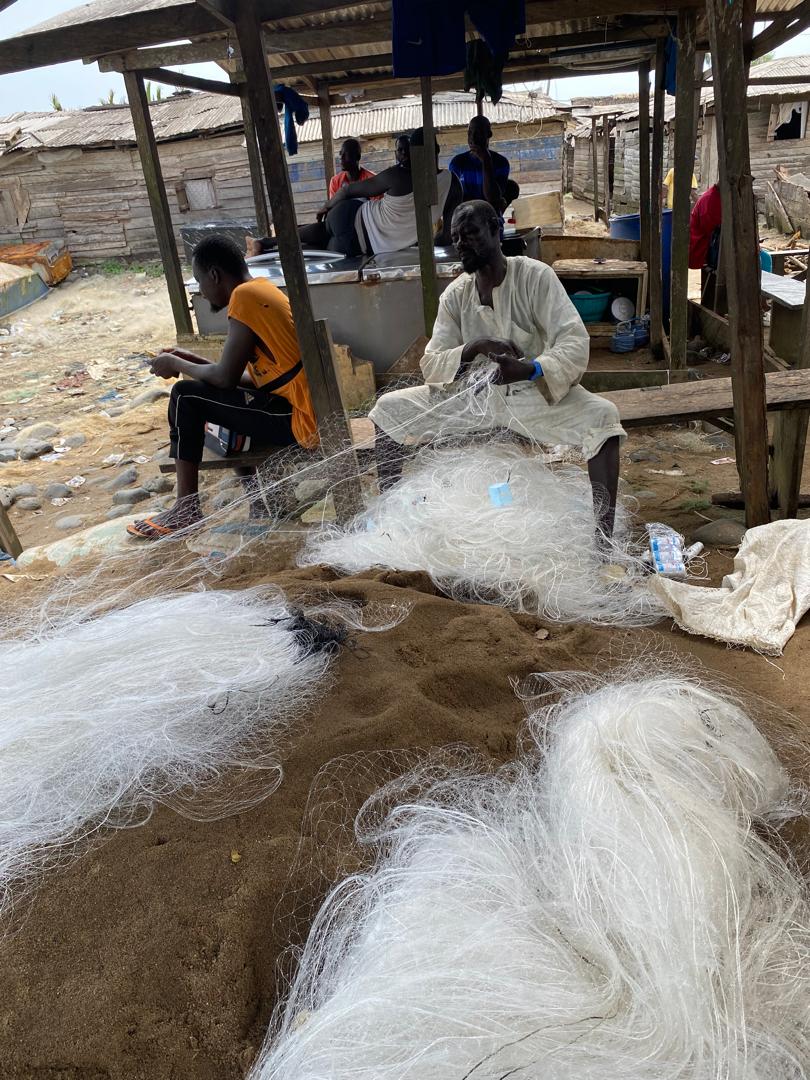More Fish for You & Me

The challenge
The project
Know more...
Investment
(*): In kind/pro bonus
(**): Financing
Funds
Needed
Covered
Solicited
Investment
(*): In kind/pro bonus
(**): Financing
Training of 50 fishermen: 1 equipped hall, library supplies, technical supplies. (**)
u$s 289.92
u$s 0.00
u$s 289.92
Supplies to set up 2 (25sqm each) of Aquaculture Fish ponds (**)
u$s 1466.43
u$s 0.00
u$s 1466.43
Supplies for 2 (12.5sqm each) of floating fish cages using local materials (**)
u$s 2013.31
u$s 0.00
u$s 2013.31
50 bails of net 40mm (**)
u$s 742.37
u$s 0.00
u$s 742.37
purchase of 9,000 polythene bags (**)
u$s 371.19
u$s 0.00
u$s 371.19
protection of nursery with one bail net fence (**)
u$s 100.00
u$s 0.00
u$s 100.00
Designing and Printing of 50 training Manuals (**)
u$s 41.33
u$s 0.00
u$s 41.33
Honorarium for 2 experts for 3 days (**)
u$s 247.99
u$s 0.00
u$s 247.99
4 honorariums for 1 engineer and 3 assistants to construct 2 fish ponds of 18sqm each (**)
u$s 578.51
u$s 0.00
u$s 578.51
4 honorarium for 1 engineer and 3 assistance for the construction of 02 (12.5sqm each) of floating fish cages using local materials (**)
u$s 413.22
u$s 0.00
u$s 413.22
50 transportation from douala to idenau (**)
u$s 16.50
u$s 0.00
u$s 16.50
50 transportation from idenau to bamusso (**)
u$s 16.50
u$s 0.00
u$s 16.50
transportation of 9,000 seedlings (**)
u$s 82.49
u$s 0.00
u$s 82.49
2 honorarium for a conservator and carer for nursery (**)
u$s 16.52
u$s 0.00
u$s 16.52
Funds
Needed
Covered
Solicited
Capacitación de 50 pescadores: 1 salón equipado, insumos de librería, insumos para capacitar. (**)
u$s 289.92
u$s 0.00
u$s 289.92
Insumos para construir y equipar 2 estanques de acuicultura (25m² cada uno) (**)
u$s 1466.43
u$s 0.00
u$s 1466.43
Suministros para 2 jaulas flotantes de peces (12,5m² cada una) utilizando materiales locales (**)
u$s 2013.31
u$s 0.00
u$s 2013.31
50 pacas de red de 40mm (**)
u$s 742.37
u$s 0.00
u$s 742.37
Compra de 9,000 bolsas de polietileno (**)
u$s 371.19
u$s 0.00
u$s 371.19
Protección del vivero con una cerca de red de pacas (**)
u$s 100.00
u$s 0.00
u$s 100.00
Funds
Needed
Covered
Solicited
Diseño e impresión de 50 manuales de capacitación (**)
u$s 41.33
u$s 0.00
u$s 41.33
Honorarios para 2 expertos por 3 días (**)
u$s 247.99
u$s 0.00
u$s 247.99
4 honorarios para 1 ingeniero y 3 asistentes para la construcción de 2 estanques de 18m² cada uno (**)
u$s 578.51
u$s 0.00
u$s 578.51
4 honorarios para 1 ingeniero y 3 asistentes para la construcción de 2 jaulas flotantes de peces (12,5m² cada una) utilizando materiales locales (**)
u$s 413.22
u$s 0.00
u$s 413.22
50 transportes desde Douala a Idenau (**)
u$s 16.50
u$s 0.00
u$s 16.50
50 transportes desde Idenau a Bamusso (**)
u$s 16.50
u$s 0.00
u$s 16.50
Transporte de 9,000 plántulas (**)
u$s 82.49
u$s 0.00
u$s 82.49
2 honorarios para un conservador y encargado del vivero (**)
u$s 16.52
u$s 0.00
u$s 16.52

-677e9c0012bae3.83362600.jpeg)

-677e9c0a0bf637.82996752.jpeg)
-677e9c0fb61418.59970430.jpeg)
-677e9c1b51d272.37295193.jpeg)
-677e9c200ec078.38294031.jpeg)